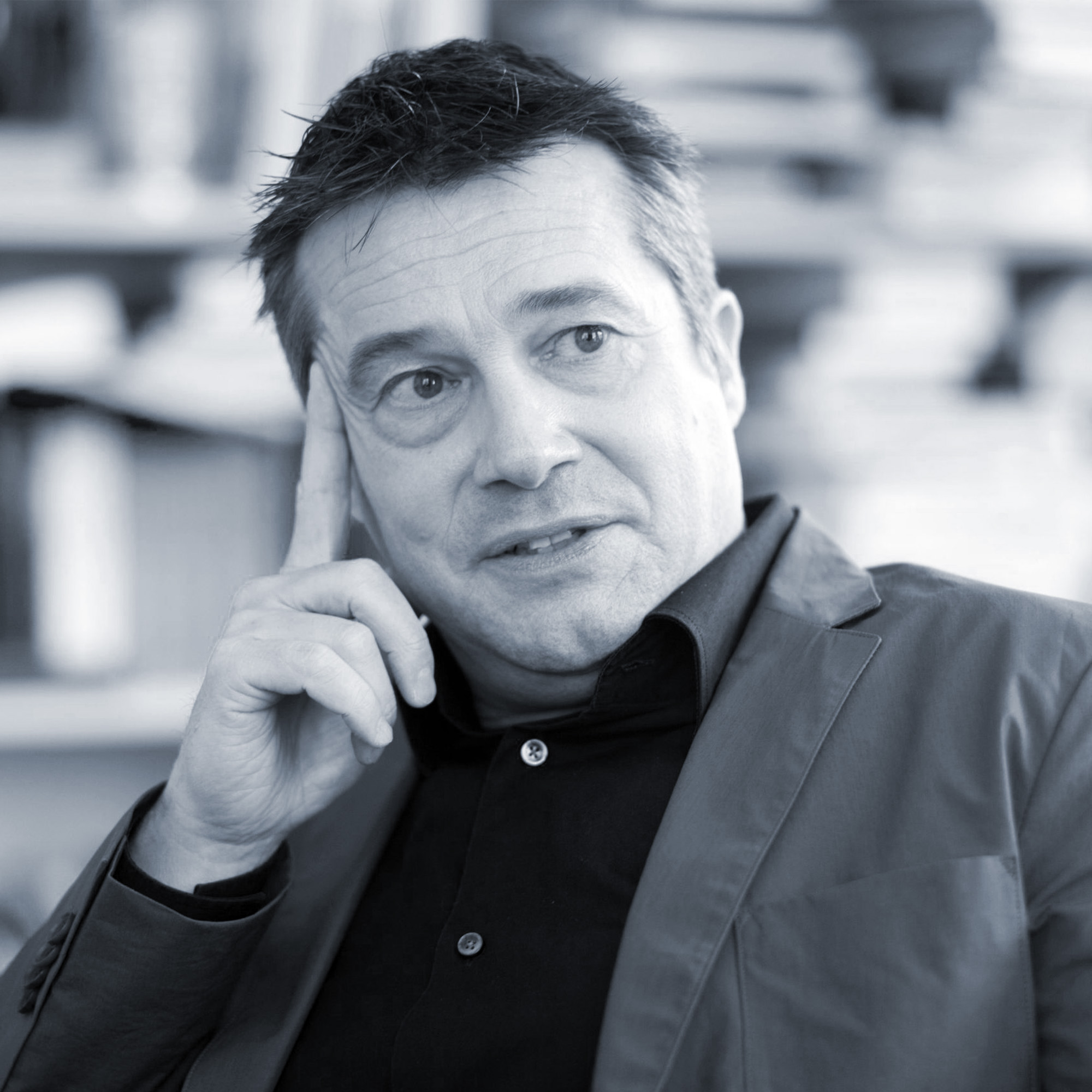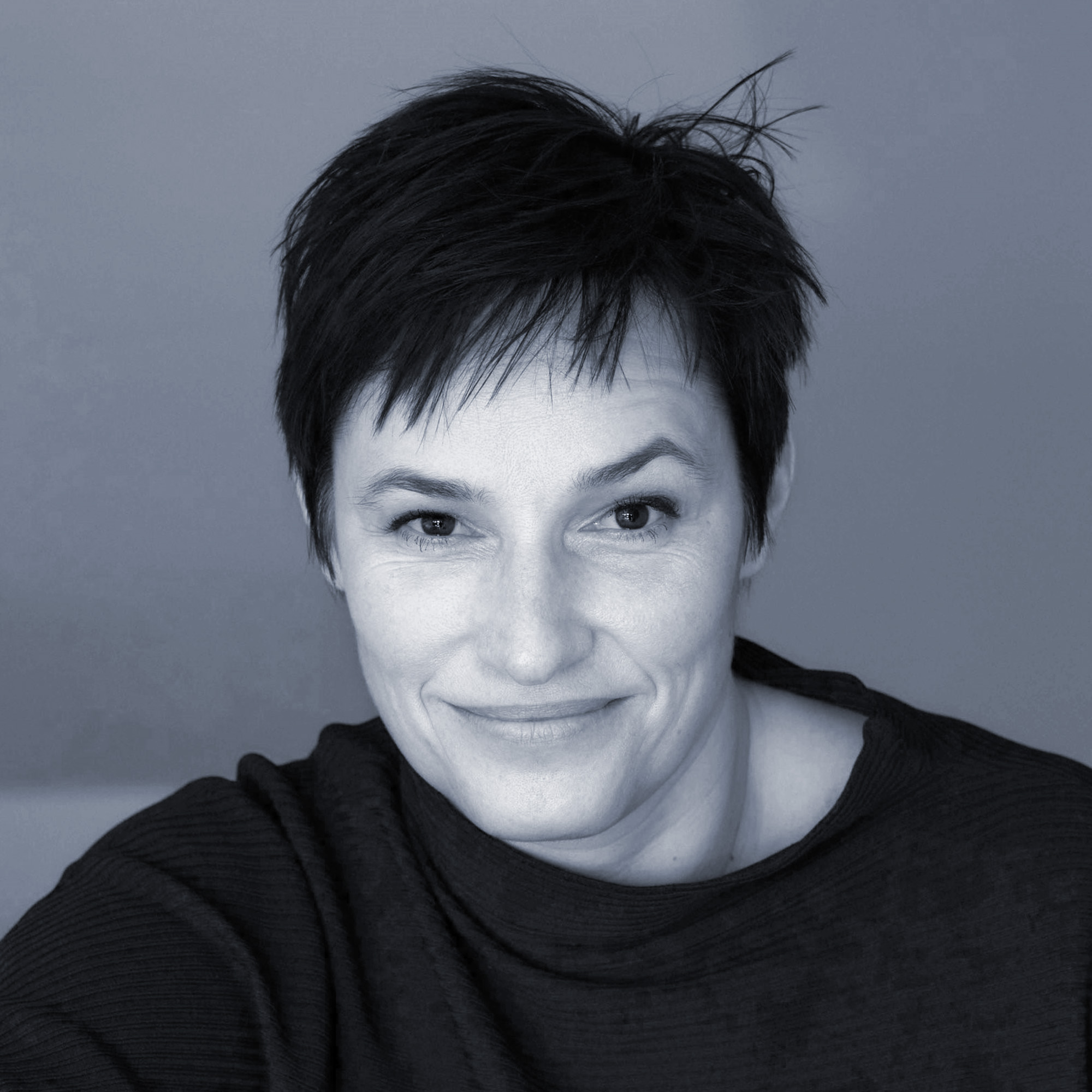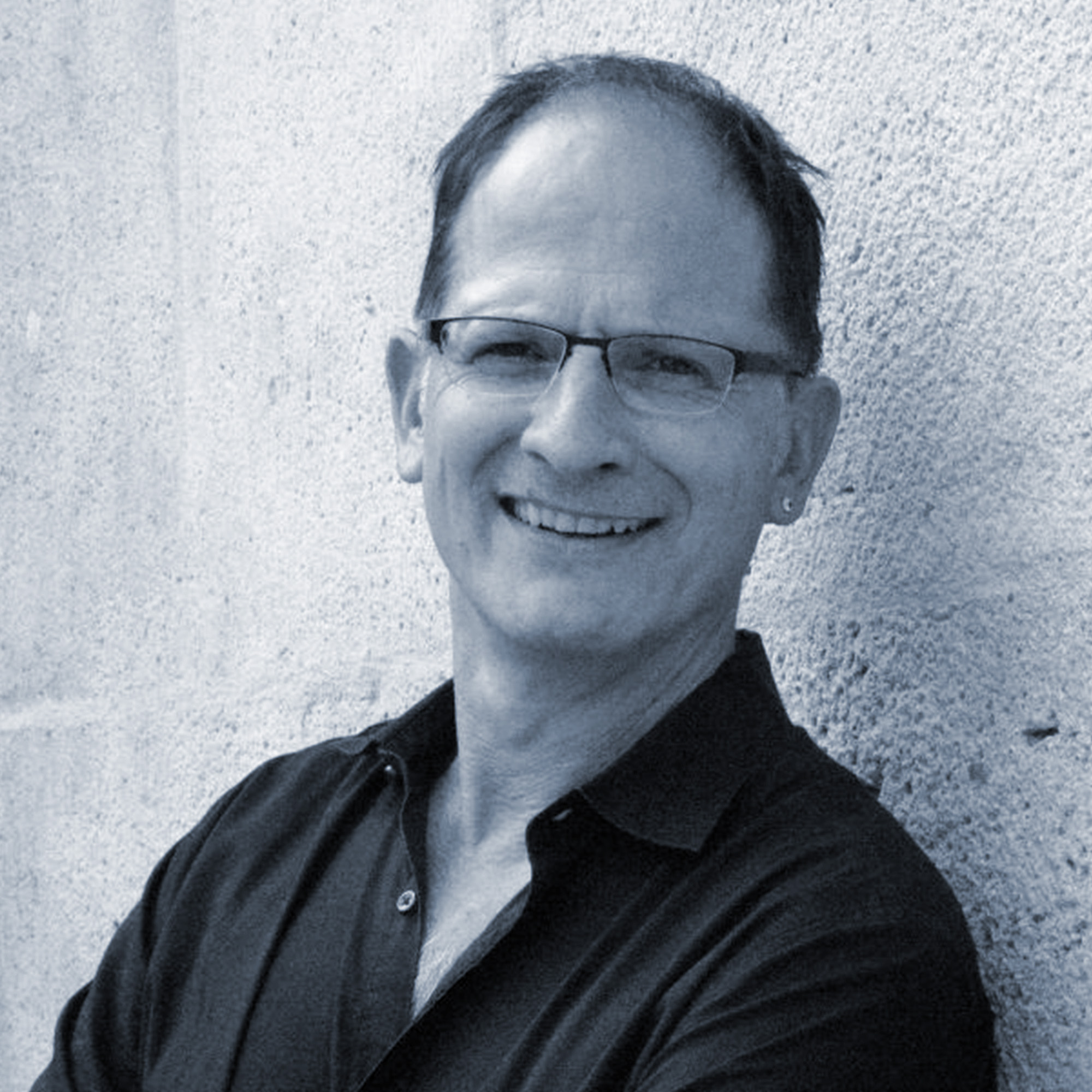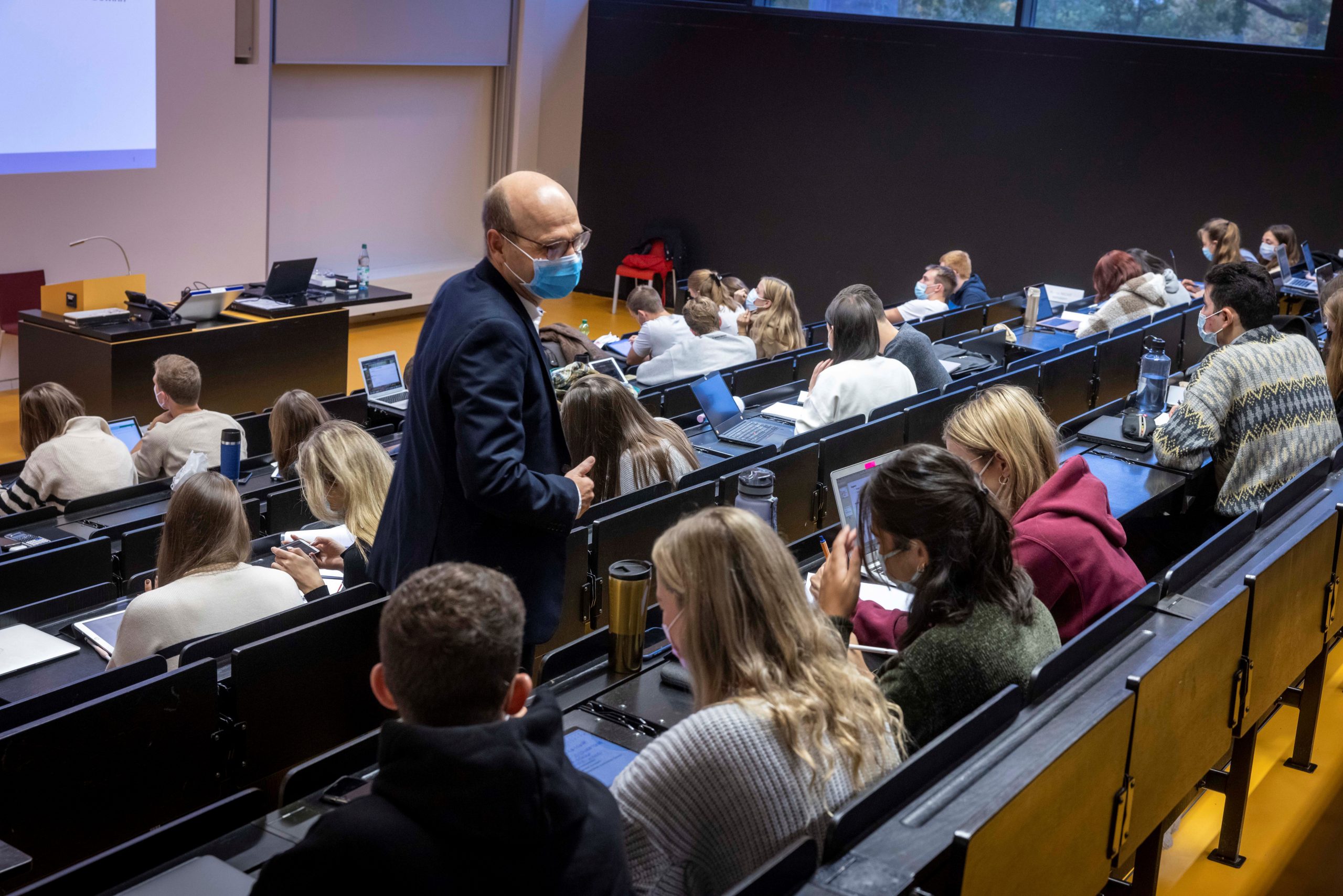Nicole Deitelhoff: When people think of conflict, most of them think of mistrust. We try to point out that even in conflict trust can be preserved, and even new trust created. Especially at a time when we are having to deal with so many conflict situations, we must still be able to create trust in conflicts.
Rainer Forst: It is not that we are claiming that trust only develops in conflicts. But we think it is wrong to assume that trust only arises in social forms in which people know each other well and where those involved have a largely identical background. This assumption is widespread in the social sciences and philosophy, for example. But if you think like that, you cannot explain why generalised trust is not completely absent in modern societies.
Deitelhoff: Indeed, conflict research is more about the absence of trust. The question is always: How can we end conflicts in order to restore trust afterwards? In times of numerous crises and conflicts, this is not enough anymore.
Deitelhoff: It naturally confirms some of our assumptions. For example, that it takes a long time to build up trust and that it is quickly destroyed, for example by deliberate betrayal. But at the same time, it also encourages us to understand: Why were institutions unable to channel the conflict in such a way that trust was stabilised? It is also an incentive for us to think about how things can continue after this war, about how we can envisage the institutions involved so that they can act in a way that ensures trust in the future.
Forst: Our theory is not, of course, that every conflict generates trust. We are interested in the conditions under which conflicts can be productive, that is, where a reliable form of communication is upheld despite tough altercations. In the case of the Ukraine conflict, we are asking ourselves: If trust were destroyed once and for all, what kind of mediation could ever lead us out of the situation? Possibilities for mediation presuppose that there is still some potential for trust lying dormant somewhere among the conflicting parties.
Deitelhoff: The exciting question for us is how orders can be established so that it does not come to such ruptures in the first place. We are seeing now that relationships are disconnecting in the conflict, but at the same time we need connectedness. Only through connectedness can we understand why the other side is doing something. This basic empathy helps us namely to “read” the other person, as it were. It is then possible to base something like reliability on what we have read, and this can in turn be institutionalised. However, this connectedness must not be allowed to become too asymmetrical.
Forst: We don’t conduct research primarily on international conflicts. We have five working groups, one of which is dealing directly with conflicts of such nature. The others are dealing with democratic and civil society forms of trust building in conflict, with economic forms of conflict, with trust in knowledge and the media. Where epistemic trust is concerned, uncertainties obviously come into play. Which information can we trust? Which media? However, the question of uncertainty is also fundamentally important for us because trust is only needed where we cannot control what others are doing. But at the present time, there is also something new. As the pandemic, the climate crisis or now the war shows, we are living in times of such grave uncertainties that a fundamental distrust ensues, which often turns into a search for simple “truths” as far as trust is concerned. These irrational dynamics of trust are interesting.
